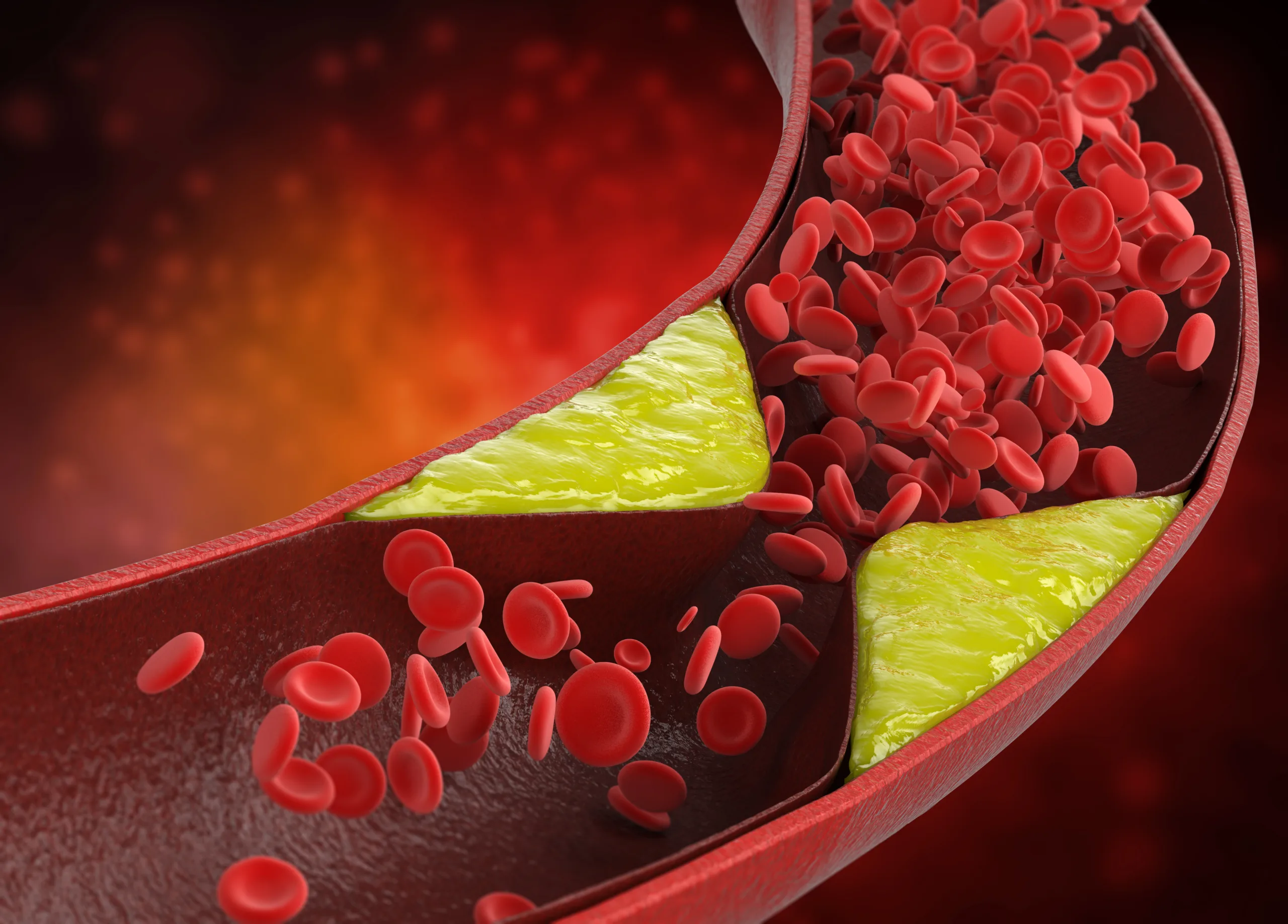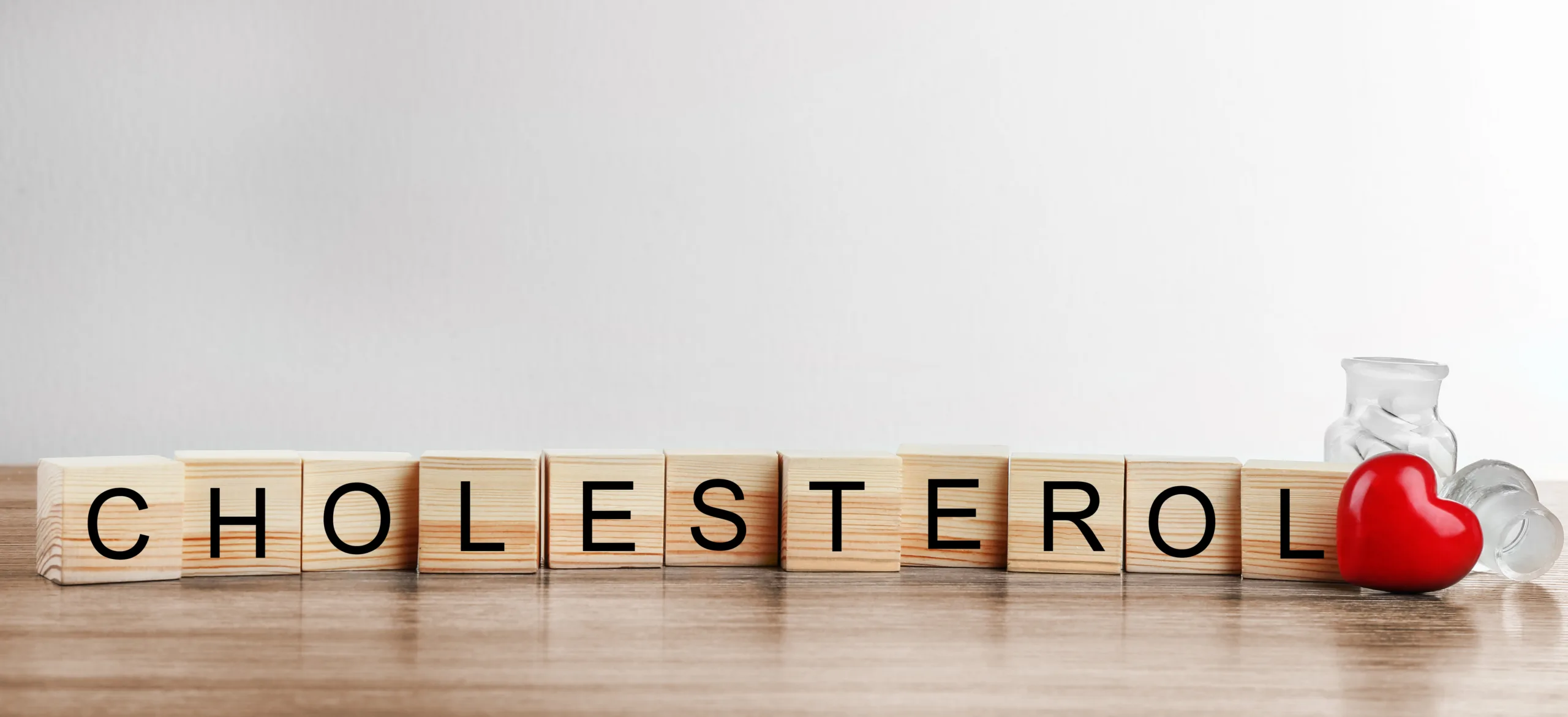Cholesterol: a word that often evokes images of fatty foods, blocked arteries, and heart disease. But what if we told you that cholesterol isn’t necessarily the villain it is often made out to be? With October being National Cholesterol Month, let’s crack the cholesterol code and demystify this complex and essential molecule.
Understanding Cholesterol
Cholesterol is a waxy, fat-like substance found in every cell of our bodies. It is essential for producing hormones, vitamin D and substances that aid digestion. Our bodies produce all the cholesterol they need, primarily in the liver, but we also ingest it from animal-based foods like meat and dairy products.
The confusion and concern about cholesterol stem from its types: Low-Density Lipoprotein (LDL), known as ‘bad’ cholesterol, and High-Density Lipoprotein (HDL), termed ‘good’ cholesterol. LDL transports cholesterol from the liver to the cells that need it, while HDL moves unused cholesterol back to the liver, where it is broken down and removed.


The Good, The Bad and the Balanced
When the balance of these two types is off, issues can arise. High levels of LDL cholesterol can lead to the buildup of fatty deposits in your arteries – a condition known as atherosclerosis – which can cause heart disease, stroke and other circulatory problems. Conversely, high levels of HDL cholesterol can help protect against heart disease by ‘cleansing’ the bloodstream of excess LDL cholesterol.
The conventional narrative is simple: high LDL = bad, high HDL = good. But the reality is a bit more complex. The size and density of LDL particles also matter, as smaller, denser LDL particles are more associated with heart disease than larger, less dense ones.
Lifestyle and cholesterol
Your lifestyle significantly impacts your cholesterol levels and overall heart health. Regular exercise, a balanced diet rich in fruits, vegetables, whole grains and lean proteins, plus the avoidance of tobacco and excessive alcohol, can all help maintain healthy cholesterol levels.
Diet is particularly important. Whilst it is wise to limit foods high in saturated fats and completely avoid trans fats, remember not all fats are ‘bad.’ Monounsaturated fats (found in plant oils, avocados and almonds) and polyunsaturated fats (found in fatty fish, walnuts and sunflower oil) can help lower LDL levels and increase HDL levels.
Testing and treating
Regular cholesterol checks are essential, especially if you’re over 40 years old, have a family history of high cholesterol or heart disease, are overweight or have other risk factors like smoking or diabetes. Treatment varies depending on your levels and other risk factors, but may include lifestyle changes or medication.


The Final Word
The conversation around cholesterol is changing. More than merely focusing on ‘good’ or ‘bad’ cholesterol, it’s time to look at the larger picture of overall heart health, considering other factors like inflammation, diet, exercise, stress and genetic predispositions. Cracking the cholesterol code isn’t about fear, but about knowledge, understanding and taking control of your health.
In honour of National Cholesterol Month, let’s pledge to gain a deeper understanding of cholesterol, talk openly about our heart health and commit to the lifestyle changes that can make a difference. After all, health isn’t merely the absence of disease; it’s a state of complete physical, mental and social wellbeing.
myfood24 for health plays a pivotal role in revolutionising patient care by minimising the risk of complications linked to poor nutrition, reducing the prevalence of diet-related diseases, and fostering optimal healthcare outcomes through enhanced monitoring and precise tracking of nutritional intake.
If you are interested in using myfood24 or would like additional information on our software, please complete our enquiry form and we will respond as quickly as possible. Alternatively, if you would like to book a discovery call and free demonstration, please click here.
